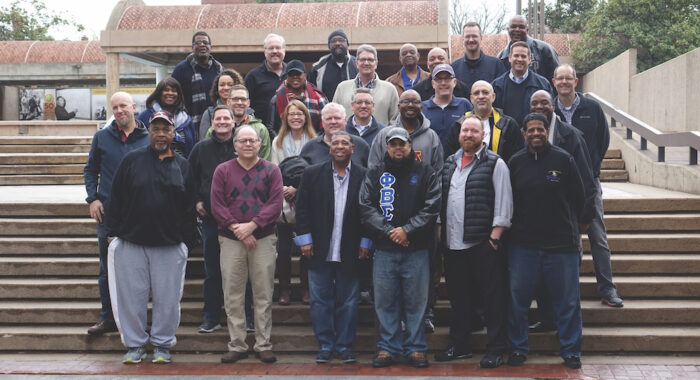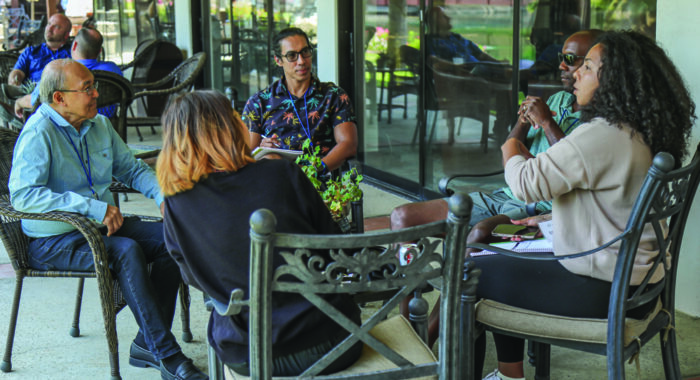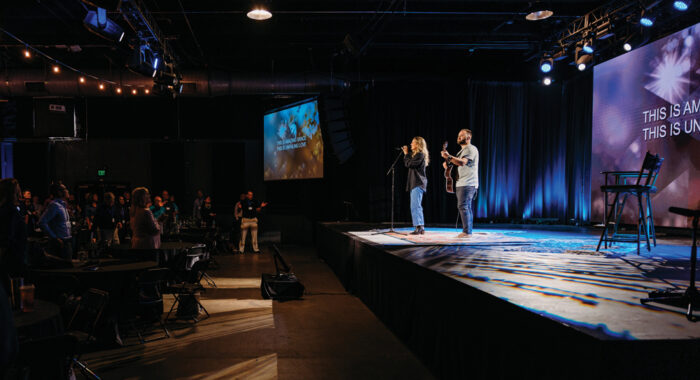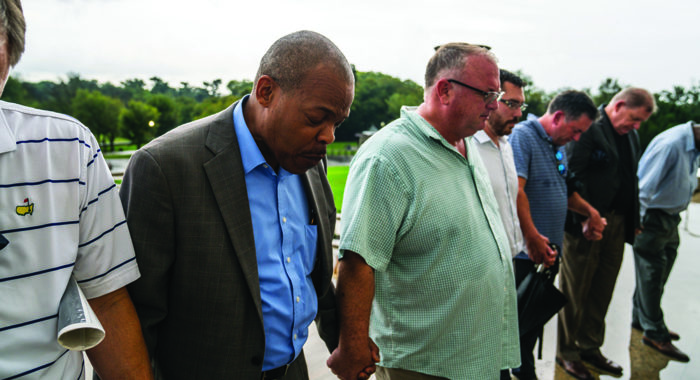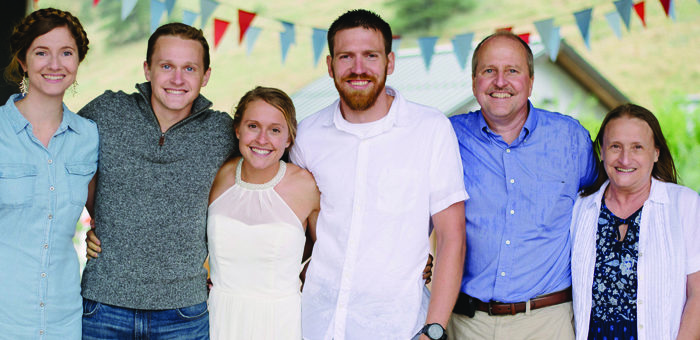
When responding to the question, “Do you think it is appropriate for churches to include the Easter Bunny, Santa Claus or other characters in church festivities?”, just over half of evangelical leaders (52 percent) said “It Depends.” Forty-two percent did not think their inclusion is appropriate, while 6 percent said it was appropriate for churches to include these characters in festivities, according to the November Evangelical Leaders Survey.
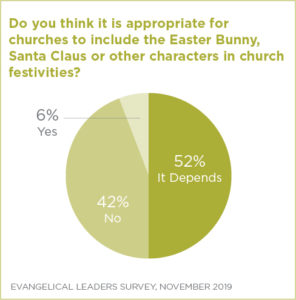
A concern among leaders is that the biblical themes of incarnation and resurrection are not lost or obscured.
John Stumbo, president of the Christian and Missionary Alliance, said, “I can imagine that a church strong in outreach could use these tools as a bridge to the secular community who understands little or nothing of the spiritual significance of our holidays. However, I fear that by using them our true message will be lost or, at least, diluted especially in young minds. Let the world have their fairy tales, let the Church stay faithful to our grounded-in-historical-events faith.”
Some pastors, like Rich Nathan, shared how they have utilized the characters in outreach or as evangelistic bridges. “For years, Vineyard Columbus has had a Christmas gift giveaway for families who would otherwise not be able to afford doing Christmas with their kids. We always have Santa there for the kids and for pictures with the children.”
Several leaders made a distinction between the Easter Bunny and Santa Claus. For example, Randy Heckert, director of leadership development for the Evangelical Friends Church, said, “Easter Bunny, no. Santa Claus, maybe. If St. Nicholas is used as a human example for giving — much as we might honor Mary and Joseph, or other models of faith.”
A few evangelical leaders noted the importance of context. Rocky Rocholl, president of the Fellowship of Evangelical Churches, said, “In festivities? Yes. In services? I would think this would only be appropriate when used to contrast the true meaning of the holiday.”
David Hudson, national commander of The Salvation Army U.S., provided such an example. “Some of the most meaningful events I’ve attended have included Santa kneeling at the feet of the manger,” he said.
The Evangelical Leaders Survey is a monthly poll of the Board of Directors of the National Association of Evangelicals. They include the CEOs of denominations and representatives of a broad array of evangelical organizations including missions, universities, publishers and churches.



 View All Surveys
View All Surveys 



